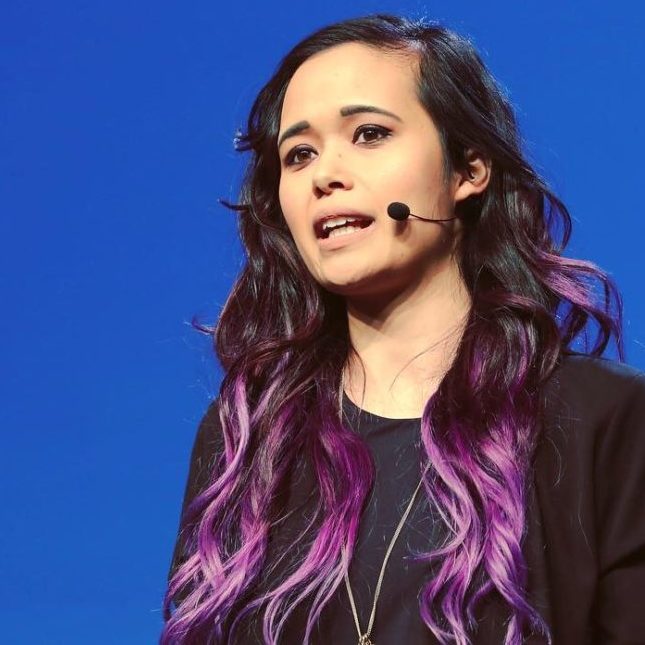Entrepreneurship takes grit and determination, and leading a successful company can feel like a Herculean effort. But even the most impressive leaders are human and need support and mentorship as much as anyone else. In this inspiring and candid conversation, Harley Finkelstein (President at Shopify) and Aydin Senkut (Founder at Felicis Ventures) discuss their founder experiences and answer questions from Dasha Maggio (Partner at Felicis Ventures).
Want more? Enter your email below for the latest SaaStr updates
Entrepreneurial Mental Health
Mental wellness is a critical pillar of every person’s health, but sometimes it might seem very lonely dealing with mental and emotional struggles for entrepreneurs. Finklestein, who has dealt with anxiety in his life, stresses that it’s important for founders and SaaS leaders to be honest about mental health and not to bottle everything up for appearances. “The thing about mental health that I don’t think a lot of us talk about, particularly those of us that are entrepreneurs…is that we sort of feel like we have to do everything ourselves. That’s the best part of being an entrepreneur, but also sort of the worst part…we become incredibly resourceful, incredibly resilient because we have no choice.”
Finkelstein has started sharing more openly about mental wellness and creating an open dialogue with others to form a supportive community. “It feels like entrepreneurs disproportionately have a higher likelihood…of having some sort of affliction around mental health. The more I share, the more I think that I help myself out, and I think I help others.”
Founders’ Personal Development & Relationships With Investors
Personal development for founders should be important to investors just as much as company success. Aydin Senkut’s firm, Felicis Ventures, takes this so seriously that they started an initiative called the Founder’s Development pledge, a program that offers founders executive coaching, therapy, leadership training courses, etc. Aydin believes that investing in a founder’s personal development is essential professionally and ethically, especially since the modern SaaS climate can give off a distorted definition of success. “Everything we read in the news is all about these extreme successes…everybody is under extreme pressure to be an outlier themselves, and it’s just really tough day-in and day-out. The reality is that the journey to success is not straightforward.”
The problem here is that this pressure can cause founders to avoid asking for guidance from their investors when they need it, which can negatively affect their private lives and business. Senkut continues, “There’s so much of a stigma and pressure to look successful and to only talk about the things that are up and to the right –– the extreme good things. It does not give us the room to say there might be things that we’re worried about.”
Another key point to consider is how trust can make or break the relationship between an investor and a founder. Founders may be tempted to hide insecurities or questions from their investors if they lack complete trust in them. Senkut refers to this dynamic as a “trust battery” that needs replenishment for the most productive partnerships.
Senkut and Finkelstein agree that this bond needs to be built over time. Investors must demonstrate that they care about their founders by getting in the trenches, spending time together, offering helpful advice, and being their biggest cheerleader.
Company Culture of Personal Development
As SaaS founders progress in their personal growth, they should establish a culture where this type of development and mentorship is encouraged within their company. Take, for example, Finkelstein’s experience at Shopify: In the company’s early days, they decided to start some management coaching for their leadership. This was a complete turning point for Finkelstein in the way he saw coaching and development: “[Management training] is a major part of company building. It’s not just building the right products, commercializing the right things, or building the right growth vectors or growth funnels. We need to make sure our leaders have the capacity to keep growing.”
Key Takeaways:
- Mental health struggles are normal, particularly for SaaS founders. It’s ok to be open about your wellness and get the help you need.
- The best investors will take an interest in their founder’s personal development and take steps to charge the “trust battery” in the relationship.
- SaaS leaders should emphasize a company culture of personal development and mentorship from day one to create happy, capable managers and employees.

